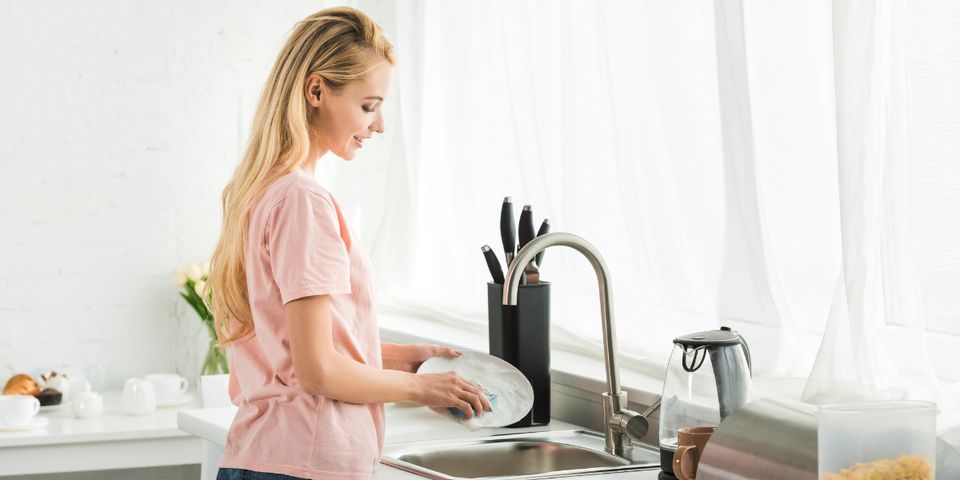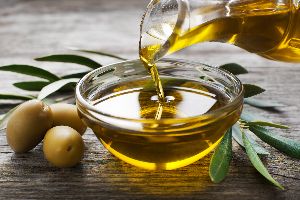What to Avoid Putting in the Plumbing System

Sewage pipes move wastewater away from your home and into your septic system or a municipal processing plant. Since flushing wrong items may cause plumbing problems, such as clogs and backups, it's important that you know what to keep out of your drains and toilets. Here's what to avoid putting into your residential plumbing.
4 Items to Keep Out of Drains
1. Rice & Pasta
During the cooking process, rice and pasta absorb moisture, which softens and gives them an edible texture. Even after they finish cooking, they may continue to collect moisture after you flush them down your kitchen sink, causing them to expand and form clogs. You can avoid slow drains and wastewater backups by throwing rice and pasta scraps into the garbage while cleaning cookware and dishes.
2. Greases & Oils

Cooking fats typically congeal as they cool. Though they may have a liquid form when you pour them down kitchen sink drains or garbage disposals, they can quickly harden and create blockages in your plumbing pipes.
Additionally, hot greases and oils may begin to boil and produce steam when exposed to moisture in sinks, and if fat particles in the steam ignite, this can start a fire. You may prevent plumbing problems and promote safety by keeping these substances out of your drains.
3. Flushable Wipes
Though often marketed as "flushable," wet wipes typically consist of tough fibers that may become tangled together in your pipes. When this happens, they can form large masses that block the lines, causing raw sewage to back up into your toilets and drains.
Additionally, these wipes can obstruct the entry of wastewater into your septic tank, leading to backflow. You can keep your plumbing clear, and your home odor-free and sanitary, by flushing only biodegradable paper tissue down toilets.
Baby Wipes should never be flushed down toilets. Because they are tougher and less-biodegradeable than flushable wipes, they tend to block sewer lines quicker than flushable wipes.
4. Cat Litter
Cat litter consists of clay and minerals that may clump when exposed to moisture. This means putting this material down wet drains and toilets can cause the particles to stick together, blocking wastewater from passing through the sewage line.
Large clumps of cat litter might also put pressure on the pipe, causing it to crack or become dislodged at the joints. You may prevent slow drains, backups, and water leaks by discarding old litter into trash bins. Putting it directly into outdoor receptacles can prevent odors and keep your indoor air fresh.
If you ever experience plumbing problems, contact Ray's Heating, Plumbing, Electric. They provide plumbing repairs and new installations along with heating and electrical services to clients throughout Salmon, ID. Call (208) 756-3649 to book an appointment for plumbing work, and visit the website to learn more about how they can keep your system serviceable.
About the Business
(31 reviews)
Have a question? Ask the experts!
Send your question

